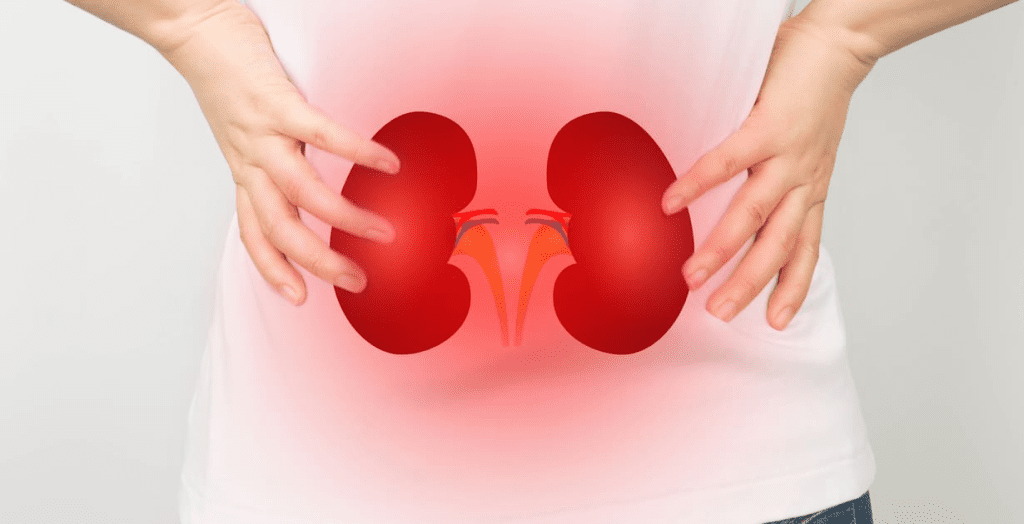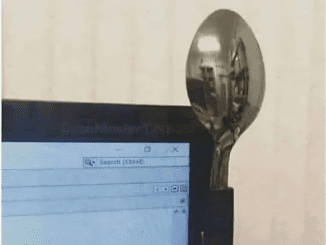Kidney health is often overlooked, but these two small, bean-shaped organs play a crucial role in keeping your body running smoothly. Unfortunately, when your kidneys are in danger, they often don’t make a lot of noise until the situation becomes serious. That’s why it’s vital to recognize the warning signs before it’s too late. Let’s dive into what you need to watch for and how to protect these unsung heroes of your body.
Why Are Your Kidneys So Important?

Your kidneys are like the body’s built-in water filter. They work day and night to clean your blood, remove waste, balance electrolytes, and regulate blood pressure. These multitaskers also produce hormones that help create red blood cells and maintain strong bones. Every day, your kidneys filter up to 150 quarts of blood to remove toxins, which are expelled through urine. When they stop functioning properly, waste and toxins can build up, leading to serious health problems.
What Is Kidney Disease?
Kidney disease occurs when the kidneys lose their ability to filter blood effectively. It can be caused by a range of factors, including diabetes, high blood pressure, infections, or genetic conditions. Left untreated, it can progress to kidney failure, where dialysis or a transplant becomes necessary. Knowing the warning signs can help you act quickly and prevent further damage.
10 Signs Your Kidneys Might Be in Trouble
1. Changes in Urination
Your urinary habits often provide the first clues. Pay attention to:
- Frequent urination, especially at night
- A noticeable decrease in urine output
- Foamy or bubbly urine, indicating protein leakage
- Blood in urine, which may appear pink, red, or cola-colored
If you spot any of these changes, don’t brush them off.
2. Persistent Fatigue and Weakness
Feeling drained all the time? Kidneys help produce a hormone called erythropoietin, which stimulates red blood cell production. When your kidneys falter, anemia can set in, leaving you exhausted and weak.
3. Swelling in the Body (Edema)
Swollen ankles, feet, hands, or even your face? This could be due to fluid retention, a common sign of declining kidney function. The kidneys are unable to remove excess fluid, leading to noticeable puffiness.
4. Persistent Back Pain
Pain below your ribcage or in your lower back might signal kidney trouble. This can be caused by infections, kidney stones, or even kidney disease itself. If the pain is sharp or accompanied by fever, see a doctor immediately.
5. Loss of Appetite and Unexplained Weight Loss
A loss of appetite, coupled with weight loss, is another red flag. When waste builds up in your blood, it can make eating unappealing, even when you haven’t had much to eat.
6. Nausea and Vomiting
The buildup of toxins in your bloodstream can lead to digestive issues, particularly nausea and vomiting. This often strikes in the morning or after meals.
7. Sleep Problems

Kidney disease often causes restless nights. Whether it’s frequent trips to the bathroom, muscle cramps, or restless leg syndrome, these disruptions can wreak havoc on your sleep quality.
8. Metallic Taste in Your Mouth
Do foods taste off, or do you constantly have a metallic taste lingering? This is a sign of uremia, where waste products accumulate in your blood, altering your sense of taste.
9. Muscle Cramps and Twitching
Cramping and muscle twitching might seem minor, but they’re often linked to electrolyte imbalances caused by kidney dysfunction. Low calcium or high phosphorus levels are common culprits.
10. Itchy Skin
Unexplained, intense itching could be a sign of toxin buildup in your body. Poor kidney function often leads to dry, itchy skin that won’t go away with lotions or creams.
Steps to Reduce Your Risk

Your kidneys deserve some TLC. Here’s how to keep them healthy:
- Stay hydrated: Drink plenty of water daily to help flush out toxins.
- Eat a balanced diet: Cut back on salt, sugar, and processed foods.
- Monitor your health: Manage chronic conditions like diabetes and high blood pressure.
- Avoid harmful substances: Don’t overuse painkillers or nonsteroidal anti-inflammatory drugs (NSAIDs).
- Exercise regularly: Maintain a healthy weight and keep your blood pressure in check.
- Schedule check-ups: If kidney disease runs in your family, regular screenings are a must.
When to See a Doctor
Noticing one or more of these symptoms? Don’t wait. Book an appointment with your healthcare provider to discuss your concerns. Tests such as blood work, urine analysis, and imaging can help determine whether your kidneys are functioning properly. Early diagnosis can save your kidneys—and your life.
Conclusion
Your kidneys might not always scream for help, but they will give you signs when they’re in trouble. Recognizing these early warning signs can mean the difference between healthy kidneys and irreversible damage. Pay attention to what your body is telling you, and don’t hesitate to seek medical advice. A proactive approach today could save you a world of trouble tomorrow. So, stay alert, take action, and give your kidneys the care they deserve!


